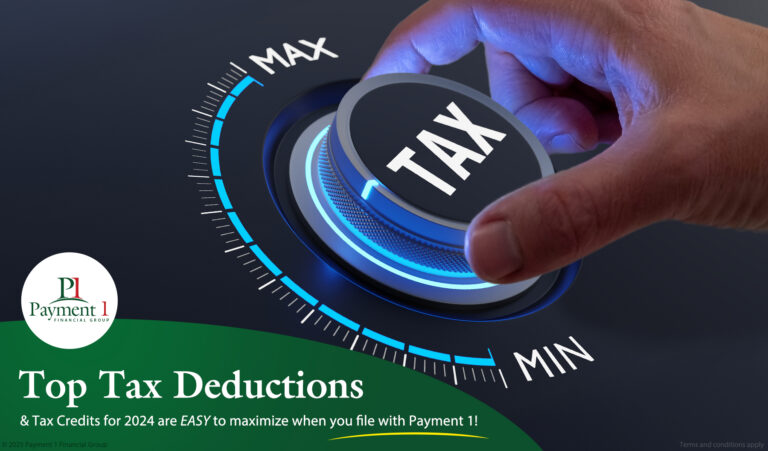Understanding the Different Types of Loans

Most of us find ourselves needing or wanting to purchase something that we cannot afford at the moment, making it necessary to take out loans. Whether it’s a car, a house, a college degree, or a wedding — not all of us are able to save up for these items in time. It is important to note, though, that all loans are not created equal — different loans fit different borrowers.
The following are the different types of loans, and a brief overview of what they are. The list ncludes some of the loan types that haven’t been discussed much in our blog articles.
Understanding the Different Types of Loans
Small Business Loans
Traditional and alternative lenders alike offer small business loans to entrepreneurs. These loans are available to those who own businesses with up to 300 employees. Small business loans come in different types based on the needs of your business, loan length, and specific terms. Here are some of them.
Small Business Administration (SBA) disaster loans. These are available for those with businesses that have suffered from declared crises or disasters, including the COVID-19 pandemic. The interest rate is usually at 3.75%, payable up to 30 years.
Paycheck Protection Program (PPP) loans. This program reopened last year. Businesses that have suffered at least a 25% loss in annual gross receipts or in any quarter of 2020, compared to their 2019 numbers can avail of PPP loans. This particular program allows loans to be forgiven, provided that the loan proceeds were used as intended.
Working capital loans. These are typically used by business owners to manage the fluctuations in expenses and revenues brought about by factors, such as seasonality. They are short-term loans that last between 30 days to a year, with amounts varying from $5000 to $100,000.
Payday Loans
These are short-term loans that are due on your next paycheck. Simply put, taking out a payday loan means advancing your wages. Aside from the short repayment periods, payday loans have high annual percentage rates or APRs (around 400%), and this is why they are widely considered predatory.
Repayment typically requires you to write a post-dated check or authorize the lender to automatically withdraw your salary on payday. You can consider this as your last resort if you find yourself in a financial emergency and have no access to savings or cheaper loan or credit alternatives.
Payday Alternative Loan
There are federal credit unions that offer payday alternative loans, which are designed to be more affordable than payday loans. PALs have longer repayment terms — up to six months — and can let you borrow up to $1000.
Payday loans typically charge fees of up to $15 for every $100 borrowed, which makes their APRs go up to three digits. Federal credit unions, on the other hand, have a cap when it comes to application fees, making it a viable alternative to payday loans.
Home Equity Loan
You can use your home equity — the part of the home that you own, and not the bank — as collateral for taking out a loan. Also known as “second mortgage,” home equity loans can let you borrow up to 85% of your home’s equity. Repayment is in a lump sum over five to 30 years.
To compute your home equity, get the difference between your home’s assessed value and your mortgage balance. Depending on the lender, you can typically borrow up to $85,000 if you have $100,000 in equity.
Pawn Shop Loan
Probably the oldest and most common type of secured loan, a pawn shop loan is another borrowing option for those who need fast cash. To take out this type of loan, you will need to bring an item of value, such as jewelry, musical instrument, or a power tool, to a pawn shop. The pawn broker will assess its resale value, and usually lets you borrow 25% to 60% of the amount. You are expected to repay the loan within 30 days. Otherwise, you risk losing the item since the pawn shop will resell the item to get their money back.
Boat and RV Loan
Banks, online lenders, and credit unions offer boat loans and recreational vehicle loans to those who require assistance in purchasing boats or RVs. These loans can either be secured or unsecured, with secured loans using your boat or RV as collateral.
Take note that both types of vehicle depreciate over time, so it is best not to pay a large downpayment. If you are looking to sell your vehicle, sell it the soonest possible time. With RVs, you can take out loans up to $25,000 payable over a few years; but you can also find ones that can offer up to $300,000 that you can pay for up to 30 years.
Family Loan
In some cases, a family loan is your best bet; it is rid of the interest rates, requirements, and credit checks. This is especially useful if you don’t meet the requirements and qualifications for a loan from banks or lenders.
It is best to borrow money from someone who is financially capable and who trusts you. However, it is still advisable to draft an agreement, which includes due dates, fees or consequences for late payments, and the like, with your lender.
Credit Builder Loan
As the name suggests, a credit builder loan lets you build your credit score. Whether you are currently establishing your credit score, or repairing an existing one, a credit builder loan can help you show financial institutions that you are a good and responsible borrower. Credit builder loans are a safe and affordable way for young people to build their credit.
With credit builder loans, you make monthly fixed payments, and then you recoup your money at the end of the loan term. The APR is between 6% and 16%, and the loan amount can range from $300 to $3000.
Final Thoughts
Before taking out any type of loan, check your monthly budget first, so you’ll know the monthly amortization you can afford. When choosing which type of loan is best for you, always consider the APRs, loan terms, and whether it’s secured or unsecured.
Be wary of loans that are widely known as predatory. Go for lenders that consider your budget and ability to pay when coming up with a payment plan, like Payment1.
Complete your loan application entirely online without having to go to our office, or contact us for questions, today.




